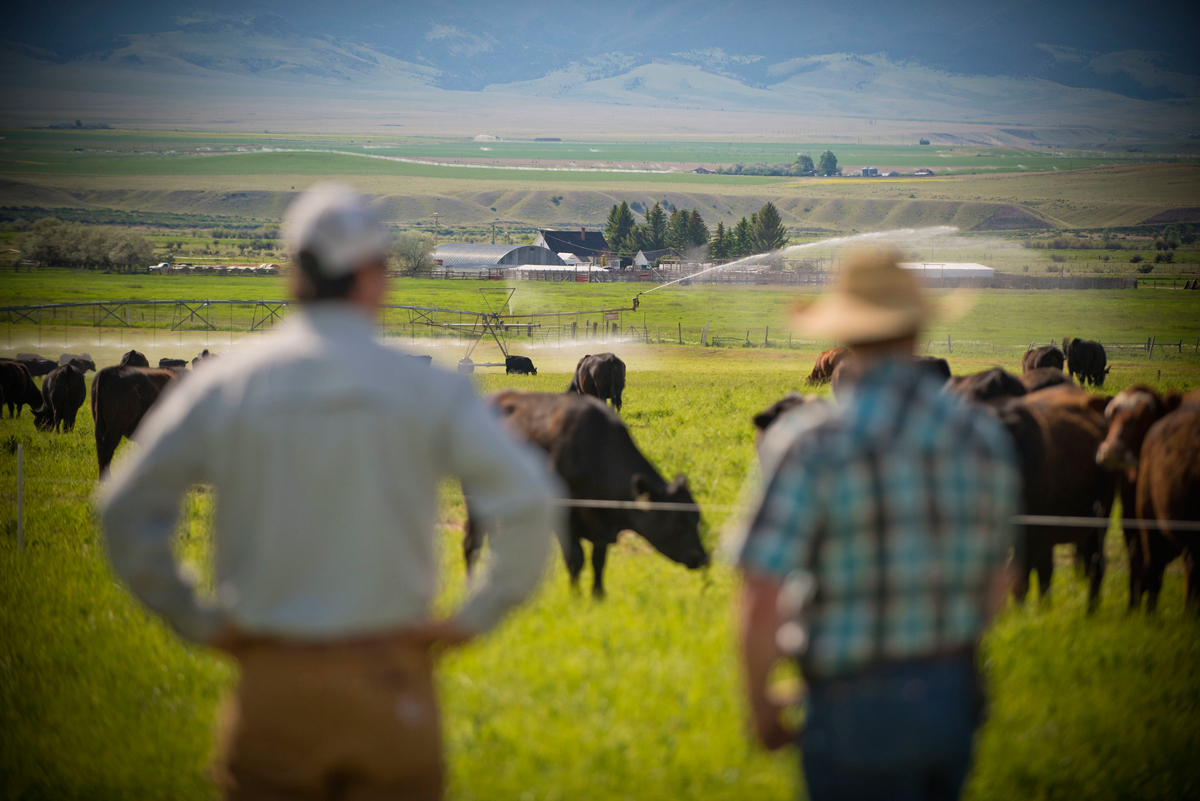With increasing awareness of climate conditions and animal rights, vegetarian and vegan diets are becoming more and more popular, prompting innovations and market expansions in the field of meatless food substitutes.
Being a vegetarian for as long as I can remember, it felt like plant-based meat substitutes invaded the consumer market overnight, providing the public with more dietary options. However, and perhaps surprisingly, studies have found that while an estimated 22% of global population is currently vegetarian, only 75 million are vegetarians by choice, the other 1450 million are temporarily vegetarians due to financial and health predicaments. On top of that only about 1% of people in the world are vegan.
If you are a meat-eater, you might not understand the rationale and dietary choices of a vegan or vegetarian. Similarly, advocates of these different lifestyles might also find it impossible to understand your resistance towards plant-based diets. If you’re thinking you would rather grab a bite of whatever you choose to eat than read on, I urge you to stay. You may learn something valuable. Stay to discover more about perspectives of humans from an aspiring-but-not-yet-successful vegan, beyond discussions of just meat!
“You don’t eat meat? Why?”
As a vegan/vegetarian, there is almost no doubt that you will be asked about the reasons behind your dietary choice. Different people can have different motivations to give up meat on their plate, but there are a few common reasons that prompt individuals to opt for plant-based diets.
Religion
Serving as a moral compass, most religions, when properly construed, advocate for love and compassion, amongst many other values. While love and compassion can be practiced and observed in many different ways and capacities, some religions do mandate or more often advocate that their followers refrain from eating animal products.
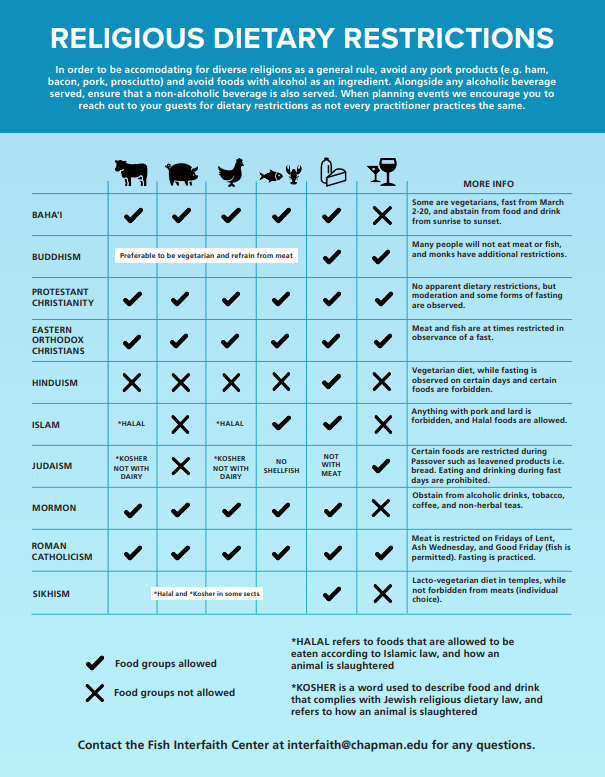
For instance, Jains (members of the ancient Indian religion Jainism) are expected to follow a strict dietary code that not only prohibits meat and seafood consumption, but also regulates consumption of plants. Likewise, some Hindus and Buddhists also abstain from meat according to their own set of beliefs that vary according to time and location. Although Christians generally consume meat, Catholics also observe the old tradition of Fish Friday where ‘warm-blooded’ meats (such as beef, pork, chicken) is not consumed each Friday, most famously on Good Friday. These examples show how people of different religions participate in varied versions of plant-based and meat-reduced diets, ranging from pescatarian (consumes fish, eggs, and dairy) to vegetarian (consumes eggs and dairy) or vegans, based on spiritual or religious beliefs.
Health
Health is also an important concern for vegans and vegetarians as a growing body of preliminary research suggests that meatless lifestyles can be healthier due to the removal of fatty and unhealthy meat products in one’s diet. Some studies suggest this may reduce the risk of certain illnesses such as heart disease, certain types of cancer and type 2 diabetes (providing that the plant-based diet is healthy and well-planned).
Further, inappropriate use of antibiotics and growth hormones in factory farms have also raised medical concerns over certain meats consumed by humans. And even when guidelines around the restricted use of antibiotics in livestock are implemented, problems with potential antibiotic resistance with implications for humans are still being discovered. Therefore, it is not surprising that some people opt to keep potentially unhealthy meats out of their bodies to better protect themselves.
Environmental Protection
“A vegan diet is probably the single biggest way to reduce your impact on planet Earth, not just greenhouse gases, but global acidification, eutrophication, land use and water use.”
– Joseph Poore, Environmental Science Researcher, University of Oxford
Some may be skeptical about the ability of vegan lifestyles to create visible changes to the environment at all, but it is no doubt that global warming and high carbon emissions have contributed to the increasing attention meatless diets have been receiving. Fundamentally, this is due to the recognition that rearing and transporting meat and poultry requires larger amounts of land, water and energy as opposed to producing fruits and vegetables, which is less environmentally sustainable.
Vegan diets would not be the silver bullet solution to save the environment because transportation of fruits and vegetable also leave a carbon footprint. But for the ones who are making efforts to go green and meatless, every bit counts. For example, research has shown that it takes 90% less energy, 99.5% less water, and 93% less land to produce a quarter-pound Beyond Burger than an almost nutritionally identical quarter-pound beef burger. Beyond existing debates and defenses, it has also been investigated that vegan and ovo-lacto vegetarian diets would produce 50% and 35% less greenhouse gas emission respectively, hence contributing to creating a more sustainable living environment.
Ethics and Animal Rights
Of course, animal rights also come into the picture since it is animals that we are talking about. High demands for meat and poultry and capitalist market forces have driven meat production to harsh extremes such that interest-driven factory farms often neglect the welfare of animals. From crowded and poorly sanitized living conditions to crushing male chicks alive, these agricultural practices have been deemed unacceptable by some, leading them to change their diet to both reduce demand for meat and boycott unethical practices.
There is the opinion that ‘ethical meat’, where animals that were raised under good conditions, can be consumed. However, on a deeper philosophical level, there is the suggestion that it is hard to argue that eating animals is morally correct since animals would naturally fear slaughtering, even if they led a happy life. Moreover, if such ethical grounds stand, there is then no reason for us to not consume human who were also ‘raised happily’, unless we admit that meat consumption is allowed on the basis that we neglect animal rights. For individuals who are unable to ignore the thought of animal suffering, animal welfare is a relevant and morally compelling reason to adopt or commit to a plant-based diet.
And in this moral debate, although different vegans and vegetarians may have different reasons for their dietary choices, some may come off stronger than others, even to be as far as intolerant and angry towards meat eaters. This can put people off and reduce interest and understanding in the cause or may result in certain structural discrimination or biases favouring the larger meat-eating population.
At the most extreme level, vegans may indeed be so committed that they will even go to the extent of avoiding white sugar and confectioner’s glaze on candies. This might in turn give meat eaters pressure as it can sometimes be insinuated that humans are cruel or disgusting if they consume products with animal origins, hence resulting in their “vegaphobia” against vegans as a retaliation.
Just eat that steak already!
Although it has been shown that it is generally unnecessary for humans to consume meat in order to survive and stay healthy, meatless diets still ultimately seem unconventional for omnivorous human beings. Therefore, as more voices advocate for meatless diets for a variety of reasons, the larger population of meat eaters may also understandably have concerns about this rising phenomenon. However, not all is as bad as you might imagine it to be.
Myth 1: You won’t get enough nutrients if you don’t eat meat.
Removing certain meats and animal product foods does take away some avenues to consume the right nutrients and energy we require. Hence, concerns have been raised especially regarding vegans’ intake of proteins, vitamin B12, iron, and omega-3 fatty acids. However, studies have shown that other non-animal food substitutes are available, and that plant-based diets can still support healthy living when properly planned.
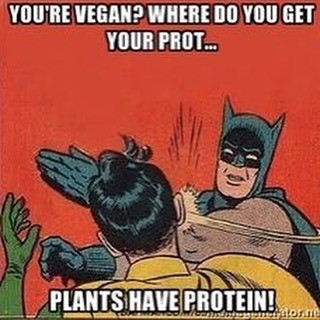
Myth 2: There’s nothing I can eat if I don’t eat meat.
Contrary to popular belief (and common jokes aimed at plant-based eaters), vegans do not just eat sad salad bowls every day. As the vegan community is growing, vegan recipes are spreading and easily available online, while meatless options are also increasingly accessible.

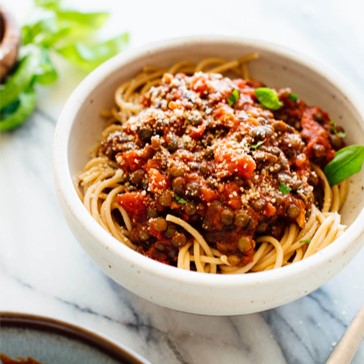



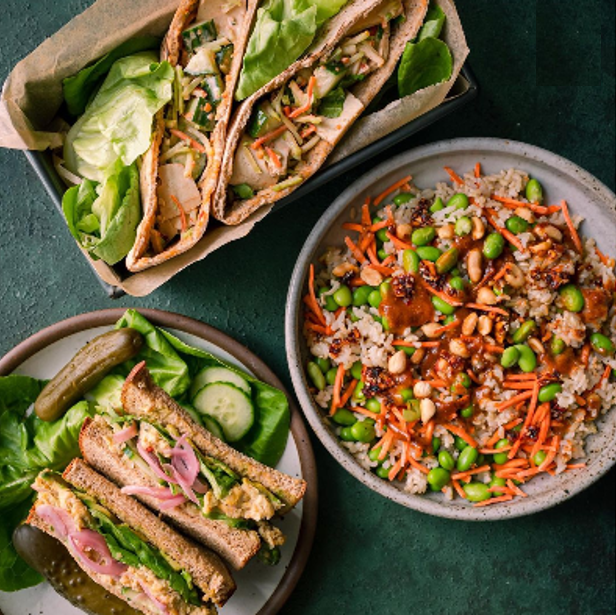
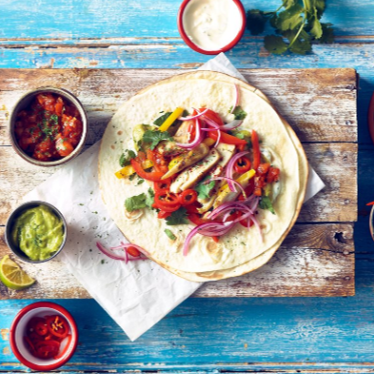
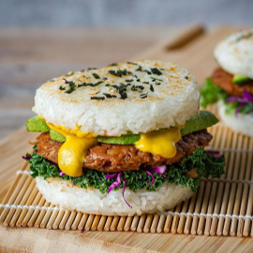
Myth 3: I might be an outlier if I don’t eat meat.
Being an herbivore in an omnivorous society can definitely be difficult at times. For the most part though, it is not entirely impossible.
Sadly, on both sides of the diet coin, there are vegans with extreme views who might not accept non-vegans and there are stubborn meat eaters who reject the notion of changing how it’s always been done. On the plant-based side, there are individuals who have opted for a meatless lifestyle for personal concerns, values or beliefs, and those that unfortunately spoil the message and inclusiveness by acting elitist, preachy and superior to meat eaters. This can cause divisiveness and hostility, rather than encouraging everyone to take a mindful approach to eating based on their own circumstances and their impact on the world.
It is possible to be flexible and maintain relationships with others who still eat meat, so long as all act with respect for each other’s choices and are accommodating of everyone’s dietary commitments. If you’re searching for ways to maintain relationships while persevering through a meatless diet, here are some tips that you could consider to get the better of both worlds.
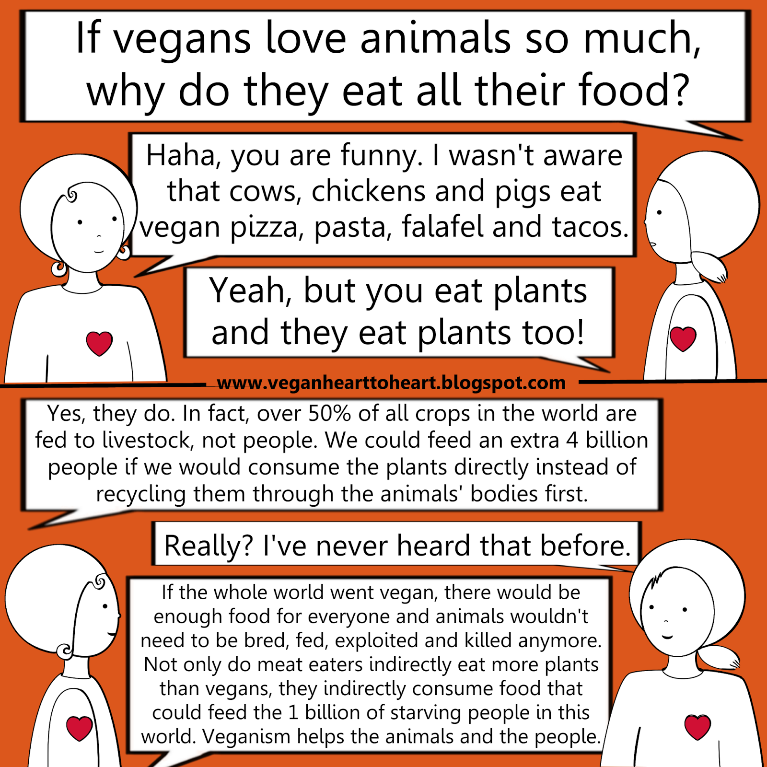
Extra money to use non-dairy milk for my latte? No thanks.
There are a growing number of plant-based options available at eateries and global fast-food chains. However, a more practical concern and hindrance against people opting for meatless options lies in a simpler aspect: the price.
In the United Kingdom, veganism seems to be most widely observed in the white middle class, as poorer individuals tend to only afford cheaper meat options. But even for the middle class who can afford to pay more, vegans substitutes aren’t always an enticing option. For example, Starbucks was up charging plant-based substitutes for years. Earlier this year, Starbucks dropped the surcharge for non-dairy milk in all of its UK stores under mounting pressure. It begs the question, why does an additional cost exist in the first place? There are however, many factors that influence the price of plant-based food substitutes
However, inspecting the situation from the free market’s point of view, food chains are not entirely liable for the higher pricing of meatless options considering the current developing status of the plant-based meat industry.
“Even the largest plant-based meat production facilities look like boutique operations compared to the scale of manufacturing facilities for conventional meat products and other common food products.”
– Liz Specht, Ph.D., senior scientist at the Good Food Institute
Along with increasing consciousness of one’s diet, demand for vegan meat substitutes is also higher than what manufacturers can immediately supply. Therefore, it is not surprising that plant-based products are presently more expensive given the higher upfront capital and existing smaller-scale and less efficient production that is currently in place. However, this is slowly beginning to change as companies are gradually expanding and upgrading to meet increasing demands. Indeed, Just Egg, a leading vegan egg manufacturer, has recently undergone price adjustments for this reason. Moving forward, it is predicted that the price of vegan meat substitutes will continue to decrease, judging by the increasing stock share value of manufacturing companies, and further innovations that the world is anticipating.
Beyond Meat: humans, perspectives and possible diet swaps
If you’ve successfully made it to this point in the article, you deserve a pat on your back for being open to meatless content, and it is perfectly fine to hold different perspectives, considerations, and decisions when it come to your own diet and lifestyle. The aim is to look into the perspectives of people who have opted out of meat or animal products, which should always be respected, regardless of whether you agree or commit to it yourself.
The same is true for the other side. For vegans and vegetarians that at one point made the choice to switch, they should know that diet transitions are not necessarily the easiest things to do. Considering the historical aspect that humans have evolved from being mega-carnivores, it is also unrealistic to expect all humans to give up eating meat, just like how we cannot expect lions to convert to vegetarians overnight. Therefore, while we hold onto our beliefs and principles, it is crucial to understand those of other people, considering the human aspect and the many different cultural and geographical contexts we live in besides speaking up only for animals.
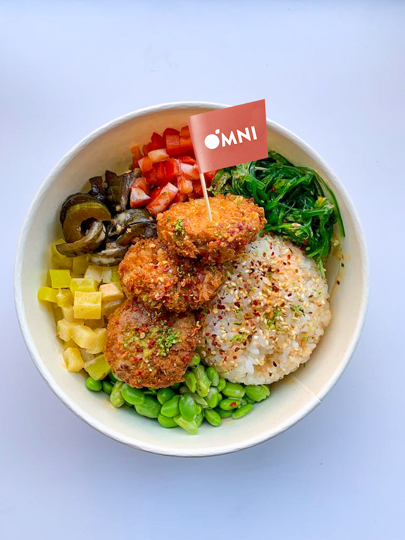

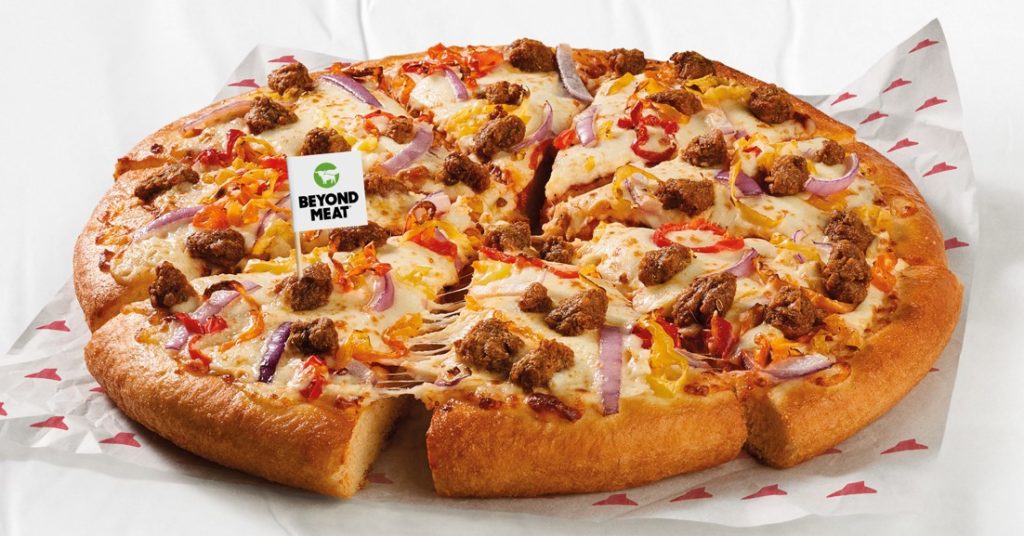
Living in a day and age where we do not have to hunt for our dinner, it is possible though, to get your hands on plant-based food swaps in your own comforts, convenience and financial capabilities. If you are not prepared to commit to meatless diets permanently, consuming and supporting plant-based products occasionally can also help to contribute to protecting animals, the environment, or whatever cause you are concerned with, even if it is only every now and again. Campaigns such as Veganuary and Meatless Mondays have also been providing platforms for non-vegans to voluntarily experience and understand meatless lifestyles by providing resources such as recipes, food guides, and getting participating brands to provide meatless options. Instagram is also a popular platform to find vegan influencers with recipes and food recommendations that might come in handy.
While participation doesn’t mandate a dietary change, I hope the world can be more open and inclusive towards diverse dietary choices, both for vegans and non-vegans alike. So next time, don’t criticize your friend for eating meat if you’re a vegan. And if you are a meat eater, try not to roll your eyes when alternative diets are raised or leave insensitive comments online such as ‘just eat that steak’ when others are discussing substitutes!
IVolunteer International is a 501(c)3 tech-nonprofit registered in the United States with operations worldwide. Using a location-based mobile application, we mobilize volunteers to take action in their local communities. Our vision is creating 7-billion volunteers. We are an internationally recognized nonprofit organization and is also a Civil Society Associated with the United Nations Department of Global Communications. Visit our profiles on Guidestar, Greatnonprofits, and FastForward.
